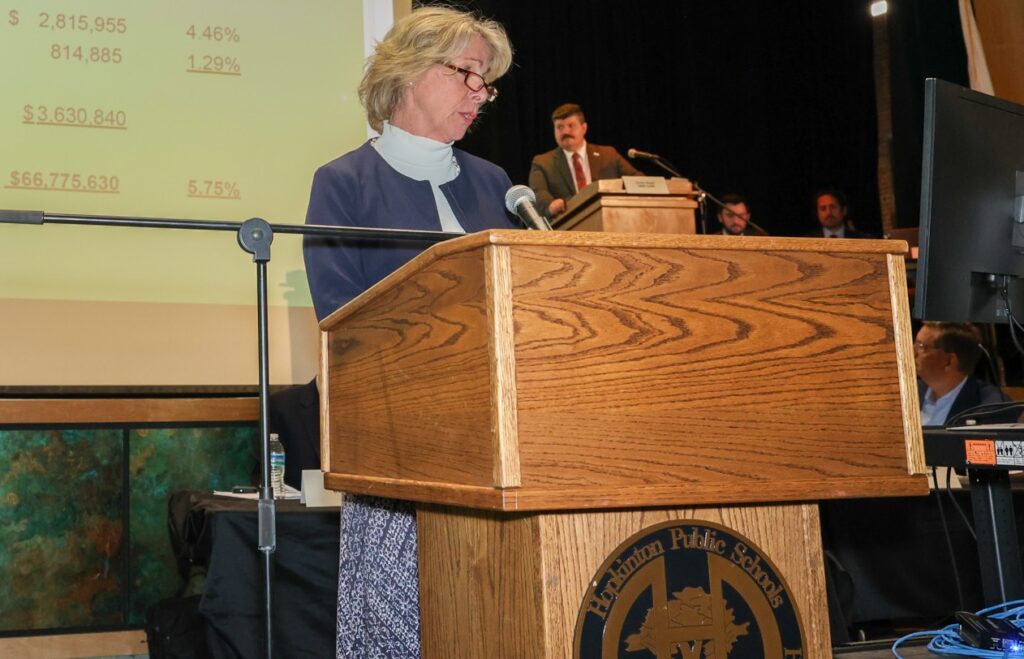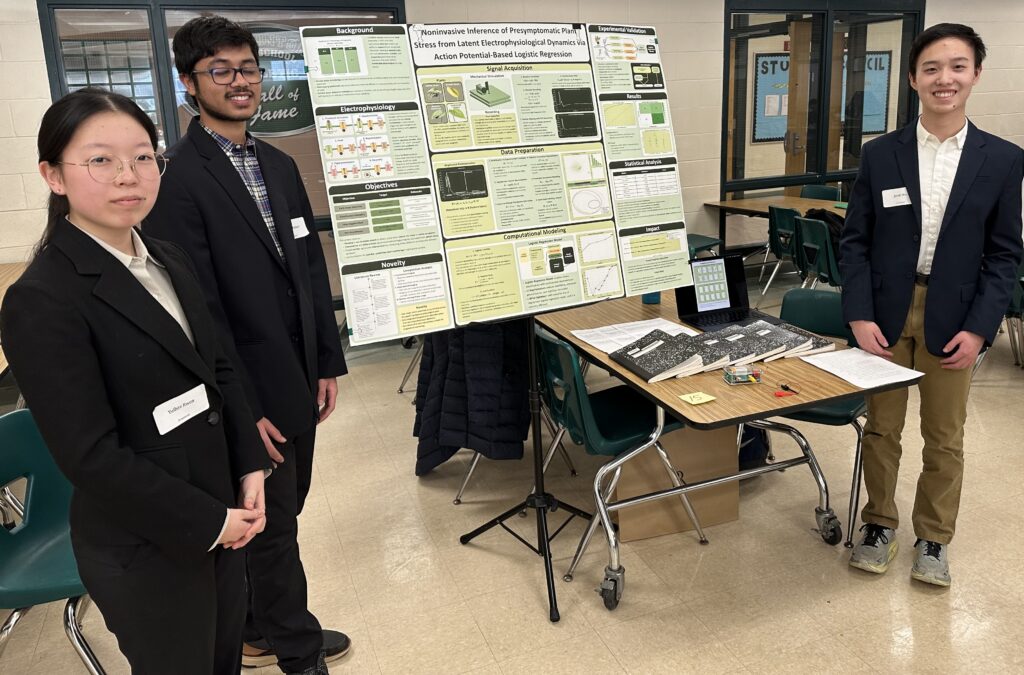The School Committee on Thursday approved changes to the middle school and high school student handbooks involving cell phones, hoods and hats and personal searches, among other things.
Hopkinton Middle School Principal Matthew Lefebvre pointed out a new cell phone policy whereby students deposit their phones into the teacher’s container and then retrieve the phones at the end of the class period.
It is a continuation of a practice outlined last March in a letter home to parents, Lefebvre said. He added that parents can contact their children through the office, if necessary, as was done in earlier times.
Lefebvre said when he met with parents, they were “thrilled” with the practice.
Additionally, the policy spells out the consequences of violating the cell phone rule. The first offense results in the staff member taking the device and the student retrieving it from the office at the end of the day. The second offense has the student turning the phone into the office for a week while the third offense results in the family, administrator and student coming up with a plan for managing the device. That plan will consist of the student being without it for a period of time.
Also, headphones and earbuds cannot be worn in school at any time unless directed by the teacher.
Another rule prohibits students from wearing hats or hoods in the classroom or lunch. The addition of hoods as well as lunch period are the changes.
All of these measures are symbolic of being “ready to learn,” Lefebvre said.
Vice chair Amanda Fargiano said she is in favor of the cell phone policy because it encourages people to have focus and not be distracted.
However, School Committee member Lya Batlle-Rafferty objected to the “no hood” rule because she said “there are some cultural implications” involved. Also, Batlle-Rafferty said some kids with anxiety and/or special needs wear hoods to “hide a little bit,” and asked that the rule “not be so cut and dry.”
Lefebvre noted that teachers expressed a willingness to talk to students about needing hoods as a result of anxiety. He agreed to amend the language of the policy to address those concerns. In a district where he previously worked, Lefebvre said, a doctor’s note was required. However, he said staff and students have that rapport where it can be discussed amongst themselves.
As for the high school, principal Evan Bishop noted phones sometimes are used for educational purposes and it is up to the teacher’s discretion whether they should be taken away. Also, hoods and hats are allowed in common areas, he said, and up to the teacher’s discretion in classrooms.
Bishop noted that behavior such as smoking, littering and vandalism in bathrooms will not be tolerated and will result in appropriate consequences. He pointed out that there were problems in these areas last year.
Additionally, a change in the handbook spells out that there can be no more than one person per bathroom stall. If students are found together, administrators will react with appropriate measures and parents will be notified.
Another change, Bishop said, involves searches of an individual and/or their belongings or vehicle when there is “reasonable suspicion” of alcohol or drug possession. He said if a student refuses to be searched (as has often been happening), that student will face the same consequences as a person actually in possession of contraband.
Batlle-Rafferty noted that some students may not want to be searched because they are “embarrassed by other things.”
Bishop noted that searches are done infrequently, always behind closed doors and with a counselor and/or nurse and administrator present.
Chair Nancy Cavanaugh asked whether dogs are still brought into the schools to seek scents of contraband. Bishop said that although he is not opposed to the practice, it hasn’t been done since 2018.
“COVID happened,” he added.
Bishop explained that the dogs would not be finding the things for which (personal) searches are used.
The high school principal also referred to language about supervision in locker rooms, noting that they had to be shut down for a period of time last year because of bad behavior.
Both handbooks extended the prohibition of bullying, hazing, harassment, etc. to include extracurricular activities and athletic events.





















0 Comments